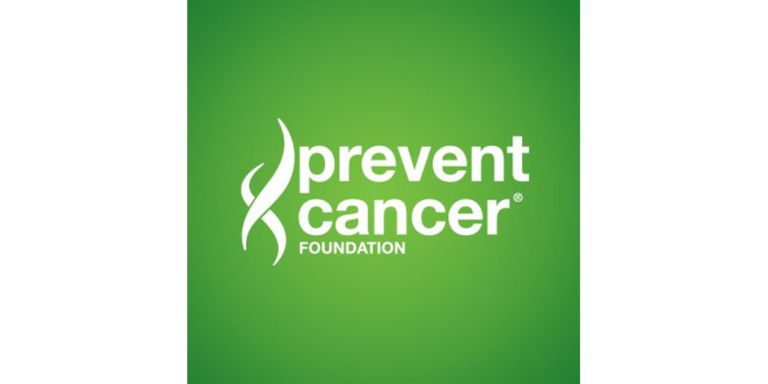
NCCS CEO Shelley Fuld Nasso Introduces the Sixth Principle of the Imperatives for Quality Cancer Care
We're revisiting 20 years of advocacy with our 20 Years Later blog series. In this video, NCCS CEO Shelley Fuld Nasso introduces the 6th principle of the Imperatives for Quality Cancer Care and discusses progress and remaining opportunities for meeting the needs of cancer patients and survivors. (Video transcript): The sixth ...

Guest Post: CancerCare Addresses Issues of Access to Supportive Care and the Changing Needs of Patients in the Last Twenty Years
This month, as part of the 20 Years Later blog series, we are revisiting the fifth principle of the Imperatives for Quality Cancer Care: Access, Advocacy, and Accountability. This principle states: “People with cancer should be provided a range of benefits by all health care plans that includes primary and ...

Guest Post: The Progress of Prevention—The Culmination of 20 Years of Advocacy
Twenty years ago NCCS defined quality cancer care to include a full spectrum of necessary services for cancer patients. These included primary and secondary prevention, early detection, initial treatment, supportive therapies to manage pain, nausea, fatigue, and infections, long-term follow-up, psychosocial services, palliative care, hospice care, and bereavement counseling. This ...

Revisiting the Fifth Principle of the Imperatives for Quality Cancer Care
This month, as part of the 20 Years Later blog series, we are revisiting the fifth principle of the Imperatives for Quality Cancer Care: Access, Advocacy, and Accountability. This principle states: “People with cancer should be provided a range of benefits by all health care plans that includes primary and ...

Guest Post: Multidisciplinary Care Is the Hallmark of High Quality Care—So Why Doesn’t Everyone Get It?
The fourth principle in the Imperatives for Quality Cancer Care states, “All people diagnosed with cancer should have access to and coverage for services provided by a multidisciplinary team of care providers across the full continuum of care. Health care plans should be held accountable for timely referral to appropriate ...

NCCS CEO Shelley Fuld Nasso Introduces the Fourth Principle of the Imperatives for Quality Cancer Care (VIDEO)
This month, as part of the 20 Years Later series, we are revisiting the fourth principle of the Imperatives for Quality Cancer Care: Access, Advocacy, and Accountability. Transcript: The fourth principle in the Imperatives for Quality Cancer Care states, “All people diagnosed with cancer should have access to and coverage for ...

Guest Video: Dr. Susan Gubar Discusses the Financial Burdens of Cancer Care
This video post is part of the 2015 Cancer Policy Matters “The Imperatives for Quality Cancer Care: 20 Years Later” blog series. The third principle from the Imperatives for Quality Cancer Care states, “Standards of cancer care should be driven by the quality of care, not only by the cost of care, ...

Guest Video: Dr. Peter Ubel Talks About Values and Preference in Discussions of Costs of Care
This video post is part of the 2015 Cancer Policy Matters “The Imperatives for Quality Cancer Care: 20 Years Later” blog series. The third principle from the Imperatives for Quality Cancer Care states, “Standards of cancer care should be driven by the quality of care, not only by the cost of care, ...

Guest Post by Dr. Claire Snyder: Driving Quality Cancer Care with Patient-Reported Outcomes
Twenty years ago, the National Coalition for Cancer Survivorship’s Imperatives for Quality Cancer Care advocated that “standards of cancer care should be driven by the quality of care.” By giving voice to the patient perspective, patient-reported outcomes (PROs) play a key role in assessing and improving the quality of care ...

Guest Post by Dr. Michael Neuss Introduces the Third Imperatives Principle: Standards of Care Should Be Driven by Quality of Care
This guest post is part of the 2015 Cancer Policy Matters “The Imperatives for Quality Cancer Care: 20 Years Later” blog series. The third principle from the Imperatives for Quality Cancer Care states, "Standards of cancer care should be driven by the quality of care, not only by the cost of ...

